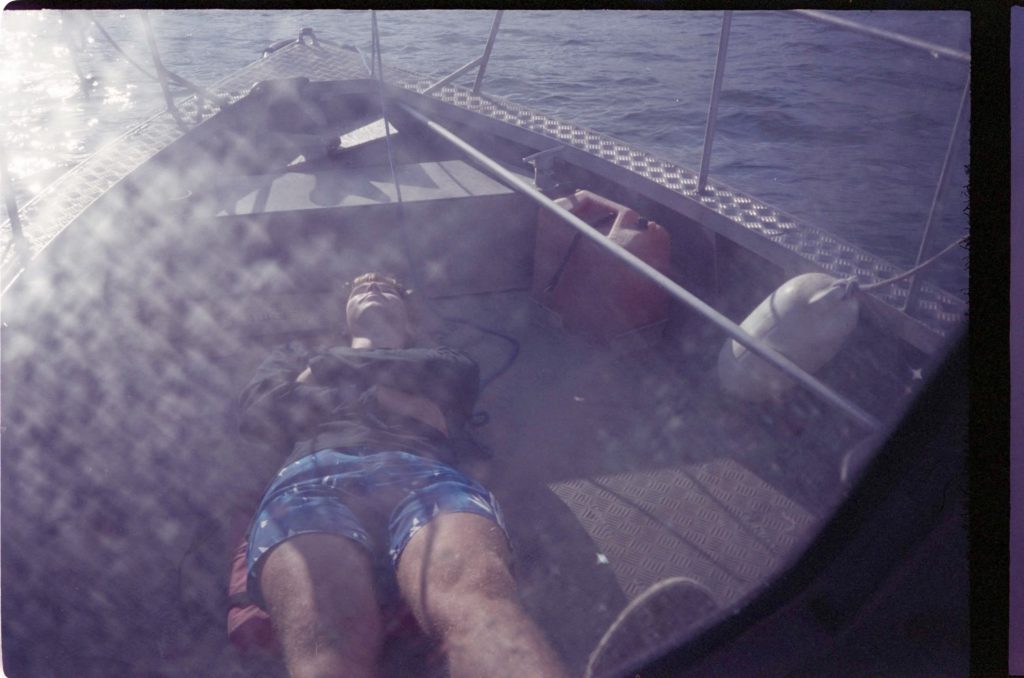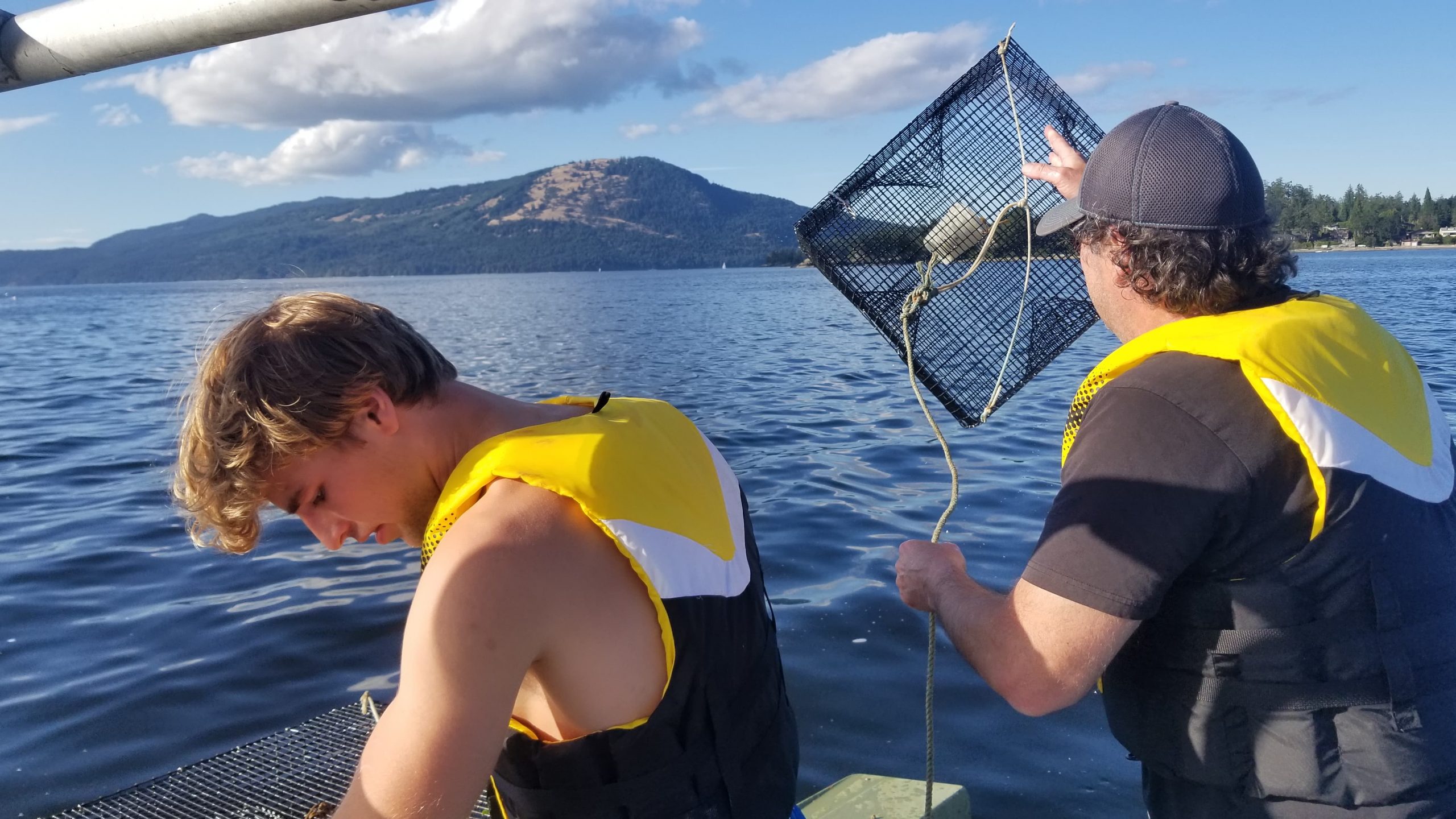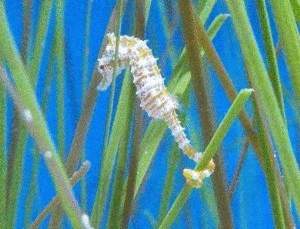Final Reflection – Key areas of learning from BIOL 420
The most significant change in my understanding of ocean issues is realizing the full extent to which humanity relies on the ocean. In the back of my head I suppose I already knew that society and the ocean were intertwined, but this course gave me new understanding of how deep this reliance runs.
This course has also changed my definition of conservation. I used to think ocean conservation was just about saving the fish, but I now understand that it is really about saving the fish so we can continue to fish them. To this end, I now understand that humans and society are the central element to ocean issues. Prior to this course I did not fully understand that socioeconomic forces would be the biggest challenge when tackling ocean sustainability issues. All of this sounds obvious now, but I had never sat down to think about it.
A big part of me wonders: how was I so oblivious? My own life is connected to the ocean in so many ways: I eat seafood all the time, I fish a fair bit, I spend tons of time at a family cabin on the water, and I spend hundreds of hours on boats for work and pleasure every year. Despite this, I had never stopped at length to consider the sustainability of the ocean around me. Now when I talk to friends and family, I realize how most of us are far out of touch with marine issues.
Figure 1. Me fishing spot prawns with my dad. I was very happy to hear that BC spot prawns are a well-managed stock.
I think part of my oblivion was due to the fact that I am not exposed to people who truly rely on the ocean to sustain themselves. As much as I interact with the water, my subsistence does not rely directly upon the state of fish stocks. In this class, it was incredible to hear about Prof. Vincent’s work in subsistence fishing villages. This expanded my understanding: I realized for a lot of the world, sustainable access to fish is a matter of feeding your family, and occasionally life or death.
Looking back at my portfolio, I realize two things about myself as a critical thinker:
- I am fascinated by the driving economic forces behind someone’s motivation.
- I think very empathically, and I often first consider how stakeholders may be feeling.
Throughout my life I have had this burning desire to understand why things happen, and why people think/act/feel the way they do. Reading through my reflections, I consistently discuss economic and market forces behind the someone’s situation. For example, after meeting Fraser Macdonald, I was fascinated with the financial side of his fishing business, and the idea that fishing licences are speculatively traded between a wealthy few, rather than the fishers themselves. I immediately wanted to know more about the fish licence market more than anything else.
My revelation about my active sense of empathy shines through on my Steveston Field Trip Reflection, and my Indigenous Issues Reflection. In both of these works, I find myself analyzing how each party would have been feeling. For example, I understand (but do not condone) the feeling of animosity the European immigrants had towards Japanese immigrants during WWII, but at the same time I am crushed hearing about the atrocities and racism the Japanese immigrants endured. Similarly, as Megan Bailey walked us through the lobster fishing tensions in Nova Scotia, I find myself first thinking about how each party would be feeling during these altercations. (This is reflected in my Indigenous Issues reflection.)
I find it interesting that the two elements I immediately think of are at seemingly opposite ends of the spectrum: how money flows within the industry/community, and how everyone is feeling.
The two most useful skills this course has given me are: (1) how to problem solve complex global issues and (2) what to consider when starting a new initiative.
For (1):
- This course was about how to solve huge problems. Our class focused on marine issues, but the tools and approaches we learnt can be applied to many ambiguous and global issues. Already I find myself applying the onion method to issues discussed in my other classes. As I go forth in my life and career, I hope I will always have flashes back to our lectures and hear Amanda’s voice walking us through the layers of the onion.
For (2):
- Sooner rather than later, I hope to be introducing new initiatives to the world. This might be starting a company, a volunteer group, or just contributing to a larger team at work. As I do this, I will be considering the myriad of advice & wisdom I have been exposed to this term. With talks from the world’s most influential change-makers, I feel like I have witnessed many lifetimes of expertise flash by throughout the term. The course has introduced the skills I will need to make sure my initiatives are effective and adopted. Frankly, the depth of knowledge I was exposed to this term is far more than I could possible absorb or claim as a “skill”, but the course has given me a framework with which to approach new solutions to ambiguous challenges.
To address the personal touches I’ve added throughout my ePortfolio:
- Throughout this website I have added photos of myself engaging with the ocean. As I looked through my photo gallery searching for pictures to add, it makes me reflect on my relationship with the sea. Overall, I think I have romanticized the ocean. For someone who plays in the sea all the time, I have not been paying enough attention to what is going on in the deep. Our relationship has been one-way: I have been receiving so much joy from the sea, without returning the favour as much as I should.
- Secondly, I added a Twitter section to highlight some of my favourite fun facts and takeaways. I am infamous with my friends and family for barraging them with fun science facts, so I really enjoyed discovering Twitter and sharing fun facts with the world. I wanted to highlight some of my favourite Tweets on my website.
To conclude with some comments on my engagement in this course:
- This class has engaged me more than any class I’ve taken. I entered the class with a passion for the ocean, and I was overwhelmed with world class guests, rewarding assignments, a wealth of teaching knowledge. Even better, Prof. Vincent and the teaching team were incredibly supportive. Combined, this created an environment where I had no choice: I had to give 110%. The idea of disappointing Prof. Vincent’s expectations is much more threatening than any grading penalty. She motivated me to always be on top of course material. This was pretty easy to do, since the pre-recorded lectures were fascinating, and I found myself looking forward to them like a new episode of my favourite TV show was about to be released every week.
If I took this course again…
- An area where I could improve is learning how to sustain consistent effort over long periods of time. I work best when I work crazy hard for a few days, then take a break, then begin working super hard again. For example: my Twitter feed could have been more consistent. I had never used Twitter before, and I found myself tweeting in bursts, rather than a sustained consistent flow. If I were to do this course again I would tweet once at the end of every class.
- I would also have kept a type of journal. After every class I wish I took 15 minutes to write down a list of my thoughts, lessons learned, “ah-ha” moments and further questions inspired by the lecturer of the day. I took notes during each class, but they were not as consistent as I would have liked.
- I would ask more questions on Canvas prior to lectures. A big pet-peeve of mine is when classmates ask questions that are clearly just for the participation mark, so I am very critical of my own questions. I have a tendency not to ask a question unless I am sure it would benefit the class as a whole. This tendency of mine led me to not always ask a question before our lectures, and I worry that this may be interpreted as a lack of effort. On the contrary, I was excited to watch each pre-recorded lecture, and this is the only class I have ever taken where I can say that.
In summary, I was impressed with how much effort Prof. Vincent was able to inspire me to put into this course. I ended up giving this course more than twice the effort of my other classes, and it was worth every minute. This course has so much to offer, and I am so glad I dove in head-first and tried to absorb every ounce of material.
Figure 2. A collection of seahorses for your entertainment.
 Figure 3. Me sleeping at sea; thinking about the layers of the onion world, and how I will best help the cause of ocean conservation.
Figure 3. Me sleeping at sea; thinking about the layers of the onion world, and how I will best help the cause of ocean conservation.

